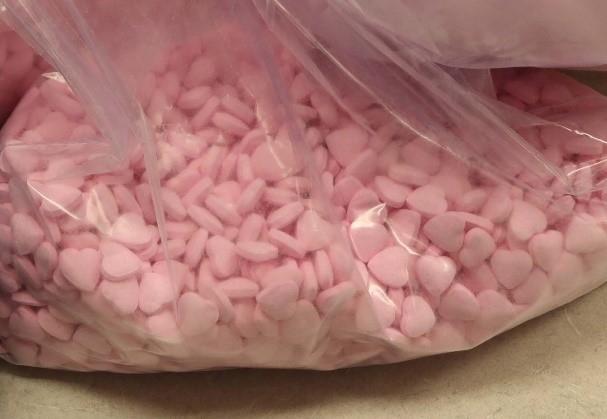British Columbia is working on a plan to offer a “safe” supply of fentanyl to adults and minors.
Last summer, a joint report “Fentanyl Tablet: Prescribed Safer Supply Protocols,” was developed in collaboration with the provincial government, the British Columbia Centre on Substance Abuse, and a non-profit group called PHS Community Services Society.





